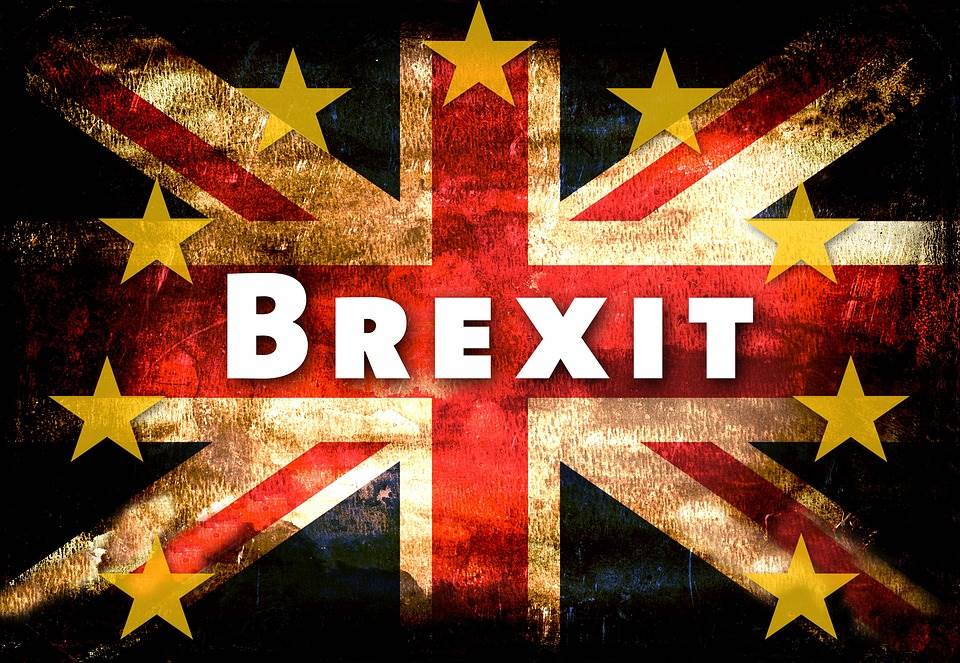In recent weeks I have written a couple of posts about how “Brexit” – Britain’s purported forthcoming exit from the European Union – is not necessarily a foregone conclusion, or a done deal, depending upon which variety of the English language you prefer to you!
I feel this view has been validated today, as the English High Court has ruled on a constitutional challenge to the Brexit process, and has found that the departure mechanism of Article 50 may not legally be triggered by the British Government alone, but can only be legitimately triggered after the British Parliament votes to do so.
This is a meaningful development, although the Government has stated it will appeal the ruling, although there is only one higher court it can appeal to. The Government has also said that its timetable to trigger Brexit remains on track for early 2017, but it is difficult to see how this could be achieved with an appeal working its way through the courts over coming months.
The reason why this is important is because Parliament supports continued British membership of the European Union, and I think it will be difficult for the Government to win a positive vote on triggering Article 50, even though British voters backed Brexit in last June’s referendum.
The BBC’s political analysts believe the Government would win such a vote, at variance with my perception. It is true that defying the expressed will of the electorate would carry a heavy moral and political price, but over the biggest issue in British politics over the past half-century, as Europe arguably is, that might not be decisive.
What does this mean for the market? Since the ruling was issued earlier today, the British Pound has risen by more than 1% against the U.S. Dollar and looks much firmer. Interestingly, the major index of leading British shares, the FTSE 100, is still down from yesterday’s close. This suggests that the market generally believes the British Government will get its way and begin the exit process next year.

